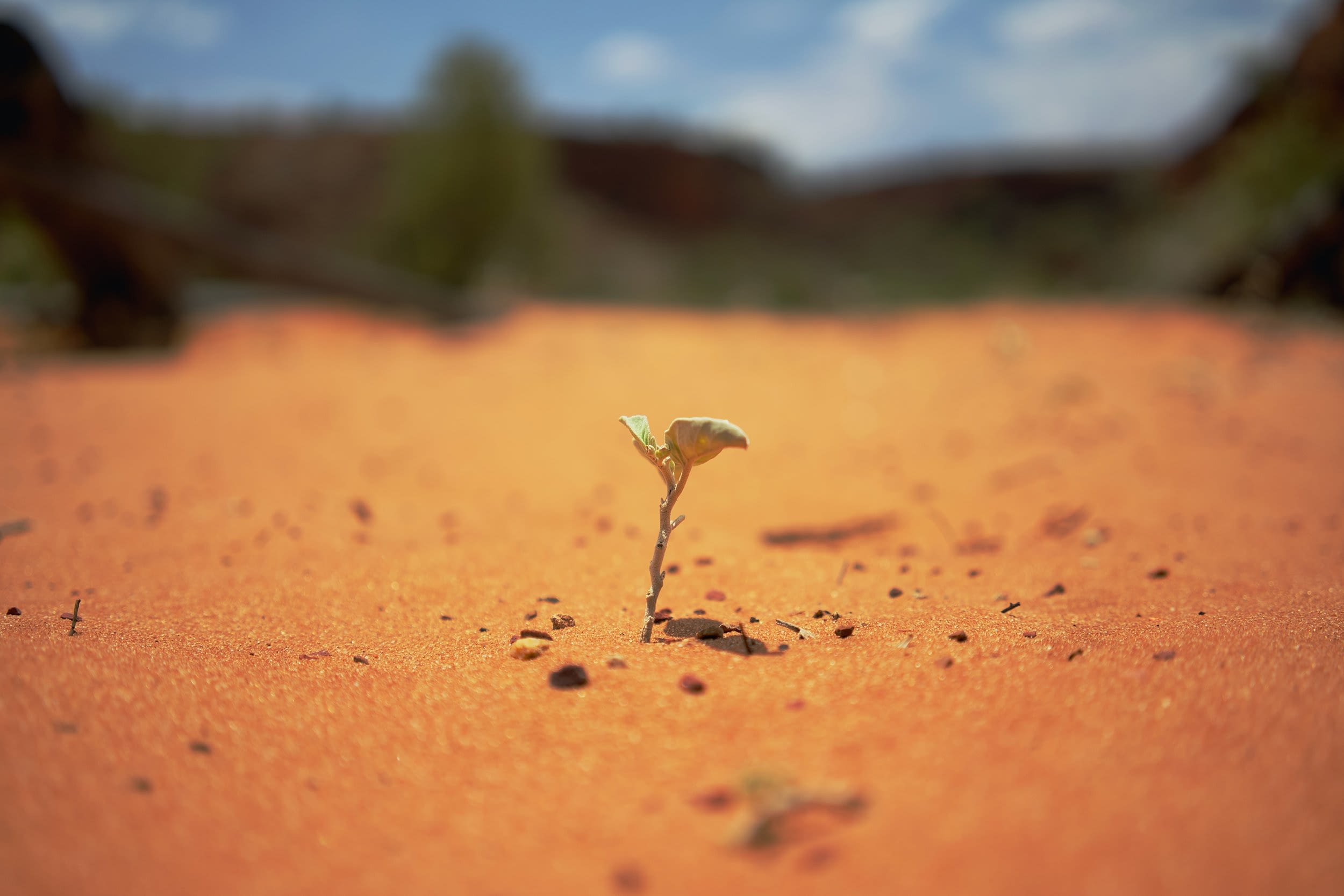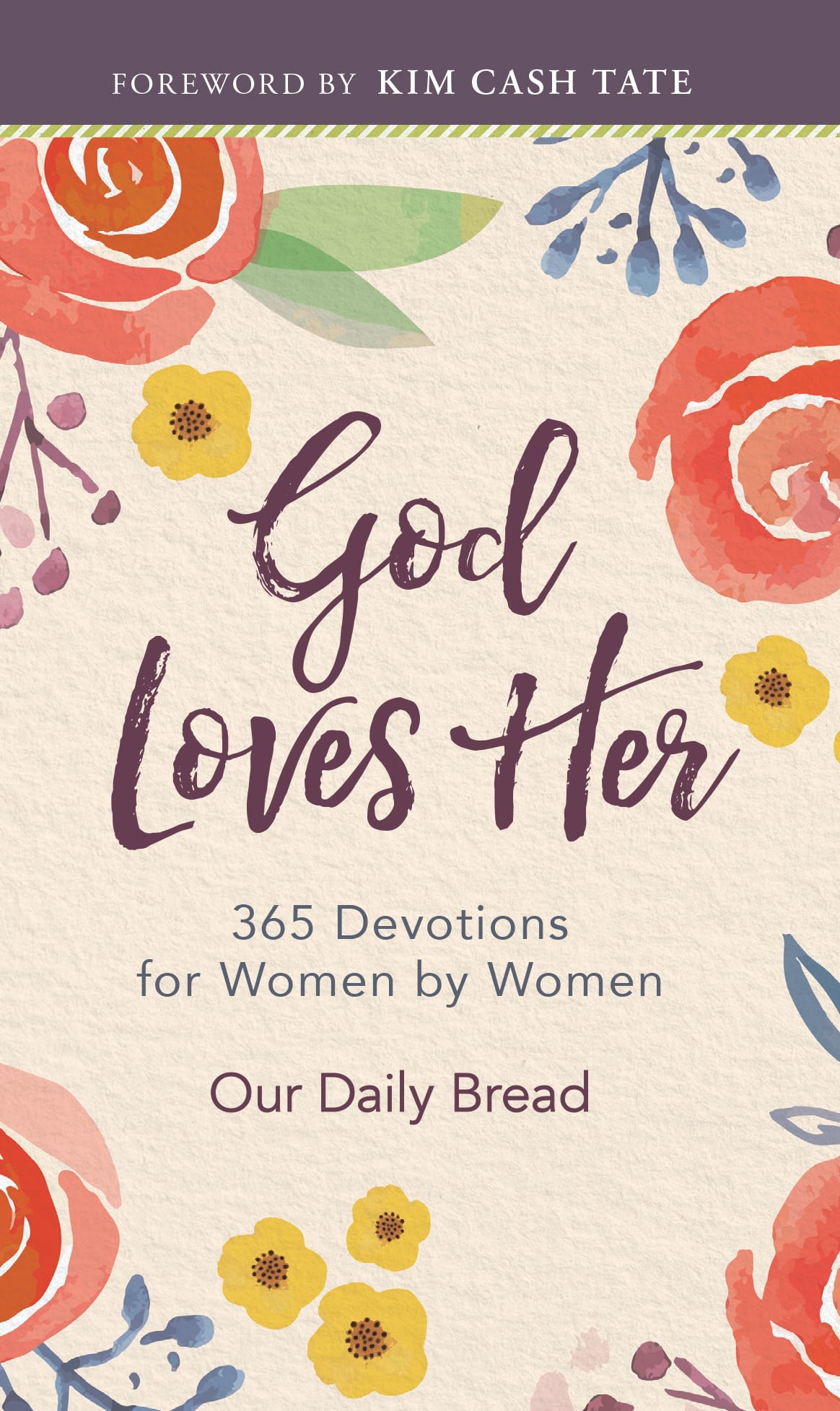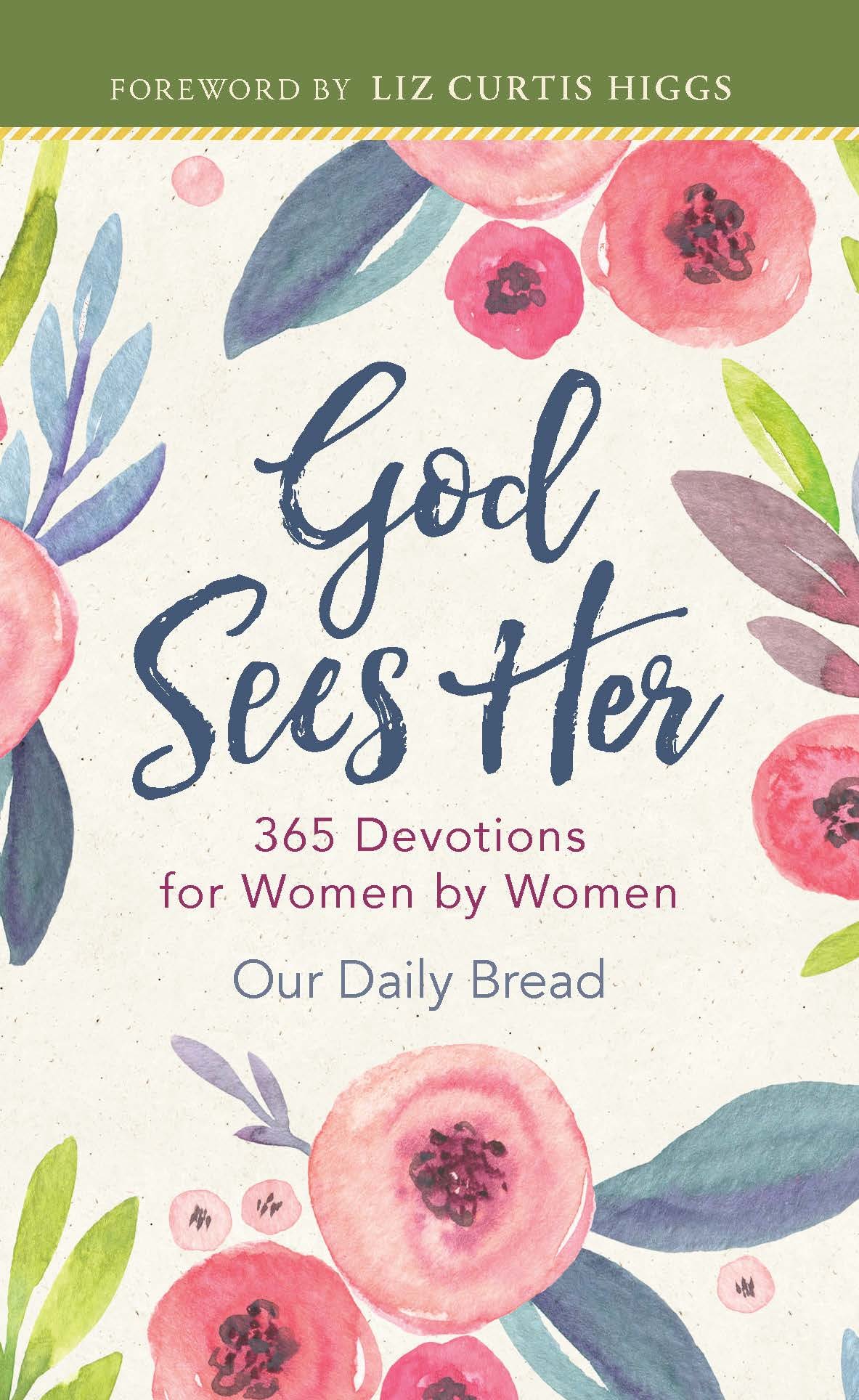Do you remember the parable of the sower—the story of a farmer who sowed his seed all over the place with different results depending on what kind of soil the seed landed in? It’s got to be one of Jesus’ greatest hits, up there with the Beatitudes and the prodigal son.
When I heard this parable growing up, the preacher usually asked us to consider what kind of “soil” we were—was I good soil, or rocky soil? Or sometimes he would suggest that I could use the parable to evaluate the people around me—if someone was deeply involved at church for a time but then came less and less often . . . well, maybe that person wasn’t really good soil. Maybe they were thorny or thirsty or sunburned soil.
But I’m not sure that’s what Jesus is doing in this parable. I don’t think the story is an invitation to interrogate ourselves or judge others. If it is, I have to confess that as soil, I’m as thirsty and sunburnt as I am hospitable or nourishing. I don’t always receive the word of the gospel well. It doesn’t always grow and flourish in me.
But I don’t think that’s the point of this parable.
Before moving to North Carolina, I lived on two acres of farmland in rural Indiana with neighbors who planted corn and soybeans every year. I experimented with gardening there—one summer I had a garden bigger than the first apartment I’d lived in, and it grew lush with delicate squash and rainbow swiss chard, melons as big as my head, and giant sunflowers that towered above me. In the cold months, when winter seemed like it would never end, I’d pour over gorgeously illustrated seed catalogs, and place my orders for heirloom tomatoes and asparagus starts.
One year, I collected beans from my bean plant, carefully drying them and then storing them in a cool, dry, dark cupboard until the next spring, when I could use them as seeds.
That, of course, is how farmers would have gotten their seeds in Jesus’ day—no seed catalogs or Lowes or UPS deliveries for them. They would have carefully preserved seeds from their plants in late fall, storing them until it was time to plant again. Seeds were precious. Valuable. Scarce. Necessary for life.
And so the sower in Jesus’ story is doing something strange, isn’t he? He’s taking these seeds that have been meticulously saved all winter long and he’s throwing them everywhere. When I planted the dried beans I’d stored over the winter, I dug small holes in the ground that I’d carefully prepared with cured compost and cleared of weeds and rocks. I covered the seeds with mounds of soft dirt and watered them gently.
I certainly didn’t go throwing them in the field where birds might eat them or among the rock beds that lined the front of my house.
The sower in this parable is doing something strange. He’s flinging the seeds everywhere, almost carelessly.
When Jesus turns to explain this parable to His disciples, He says that the seed is the word or “message of the kingdom” (Matthew 13:19 NIV). The word. In the first verse of the fourth gospel, John tells us that Jesus Himself is the word—“In the beginning was the Word, and the Word was with God, and the Word was God”—the Word, Jesus, is God, is with God, and now, this parable tells us, is sown, thrown, by God, absolutely everywhere. God has planted Jesus all up and down this earth. God’s not worried about running out of Jesus. There’s no scarcity in God’s economy. The seeds go everywhere.
And 75 percent of the seeds sown don’t flourish. Some fall on the path, some on the rocks, some among thorns.
Doesn’t that feel a little too real? Seventy-five percent of your attempts fail? Think about the ways we try to sow seeds of the kingdom.
We protest racial injustice. And the next day, there’s another headline.
We read our Bibles everyday. Seventy-five percent of what we read goes in one ear and out the other without changing us.
We commit to having difficult conversations with people we love—but we remain estranged.
We organize against unjust landlords and unjust prison systems. We organize in support of women and children experiencing abuse. But injustice and abuse continue.
We tend the earth we’ve been given. But those darn bamboo roots keep taking over, and those huge corporations keep polluting and winning most of their legal battles.
We water our tomato plants, and then the bunnies eat all the tomatoes right off them.
We keep reaching out to the child who has left home, but there’s no reply.
But God tells us: don’t grow weary in doing good (Galatians 6:9).
God shows us: fling those seeds of the kingdom wildly, with abandon, even if you can’t control the results (and you can’t control the results, you can only be faithful to sow the seeds). And maybe God’s not worried because when the word of the kingdom does take root and produces good fruit, it can produce a hundredfold. Easily making up for the 75 percent that got lost.
If we wonder what’s happening with God sowing all these seeds of the kingdom and the change we desire to see being so slow to come, a passage from Isaiah has a word of encouragement for us.
God tells the prophet Isaiah: my word will accomplish that for which I sent it (Isaiah 55:11).
It’s a humbling message. God’s word may not accomplish what I want it to accomplish. It may not happen in the way I want it to happen. It may not happen where I expect it will happen. But it will do what God intends it to do,
in God’s way,
in God’s time.
And God gives us a glimpse of what that will look like. It will look like bearing fruit a hundredfold, sixtyfold, thirtyfold, making up for all that was lost and scorched and choked out. It will look like going out in joy. And being led forth in peace. The mountains and hills will burst into song. The trees of the field will clap their hands. Instead of thorns and briars, we’ll see mighty cypress trees and the lovely flowering myrtle. All God’s creation will flourish (Isaiah 55:12–13).
You know, even when I was at my best as a gardener, I often saw the strongest, most fruitful plants growing outside of my carefully cultivated, raised beds. They sprang up in my compost, out of carrot peels and coffee grounds and chicken poop and sawdust. They grew over the wooden stakes and wire mesh walls, totally covering them, and they produced the most beautiful, strangest pumpkins and gourds you’ve ever seen, and we shared them with all our neighbors.
Don’t grow weary in sowing the word of the kingdom. Don’t grow weary in doing good.
God’s word is at work in the world, reversing the curse, and despite the evidence to the contrary, and in the most unexpected ways and places, God’s word will succeed. And we will go out in joy, and be led forth in peace.
–Written by Amy Peterson. Used by permission from the author.







17 Responses
I do grow weary but I’ve learned that I plant and He waters and in due time that seed (word) will flourish.
I never thought about the parable in this way. Thanks for the revelation of this parable.
Oh Amy, thank you! Your words about The Word are revitalizing, encouraging, hopeful, and joyful. How often I lose focus and fix my gaze on my role in God’s kingdom and disregard God and His promise in Isaiah 55:11, “my word will accomplish that for which I sent it.”
Happy Easter!
Thank you! This is so encouraging, especially when I’m feeling that I’m not good/ spiritual enough .
God bless you!
Mary Beth
This is beautiful. Thank you for sharing. God bless!
This is so beautiful! The words and meanings really touched my heart. May God be with you and Happy Easter!
I think this gives me a good visual way to look at the sowers parable. I admit to thinking of it more of what is the soil I’m living through in my daily actions and attempts to hold onto God’s word. Thank you
I enjoyed this message, it made me look at myself and inside my heart
This reminds me of something that happened on my dad’s farm. When he and mom were getting too old to do many of the tasks the farm required, they decided not to keep animals any longer. So once the cows were gone the pastureland grass grew and would need to be cut down periodically. It was a tough task since the pasture had rolling hills, a creek running through it, stumps, etc. One day a man from the agricultural department stopped by and suggested allowing the land to go back to a more natural, original state. They would plant trees and allow them to grow so wild animals would have nesting grounds. Well they planted these twigs they called trees, and none of us believed any would grow. They had to compete with the other trees, grasses, animals, insects, and so on. Well fast forward ten years or so and those twigs indeed grew to well sized trees. The transformation was amazing. I often think that is like when we pass on the message of Christ to others. We have no idea how or if it will produce, but when it does…look out.
Thank you for helping me really understand this parable.
I love this!!
Thanks for shifting the focus to God and His sowing with abandon.
Thank you, for your message today. your message gives me courage to stay focus and trust God no matter how things my seen. I will not grow weary. God’s will and God’s time. I must stay patience.
God Bless You,
Yolanda E. Smith
Now I realize why hearts so not change of some evil leaders in the world. We pray, pray and we pray again, yet there is no change of heart. That Word of God does not fall on good ground!
Wow, this is beautiful and a different take on this parable & so resonates with me.
Thanks for sharing, God Bless & Shalom!
Blessed Resurrection celebration & Happy Passover – Amen!
Your message today was a good reminder not to lose hope because God will accomplish his purpose, not according to my time schedule, but according to God’s time and in His way. Thank you.
Good morning. Thank you so much for sharing this eye opening account of the parable of the sower. Very profound! I’m tremendously THANKFUL Jesus didn’t give up on me. This parable is teaching me not to give up on myself and others, but to continue to sow God’s Holy and Divine Word.
Latonya Fuller
Inspired to continue doing what God has for me to do.